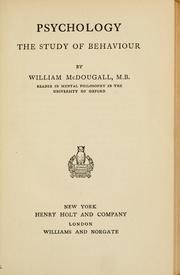
Photo from academic.microsoft.com
Many questions in animal intelligence and cognition research are challenging. One challenge is to identify mechanisms underlying reasoning in experiments. Here, we provide a way to design such tests in… Click to show full abstract
Many questions in animal intelligence and cognition research are challenging. One challenge is to identify mechanisms underlying reasoning in experiments. Here, we provide a way to design such tests in non-human animals. We know from research in skill acquisition in humans that reasoning and thinking can take time because some problems are processed in multiple steps before a solution is reached (e.g., during mental arithmetics). If animals are able to learn through similar processes their decision making can be time consuming, and most importantly improve if more time to process information is allowed. We tested if performance of two Sumatran orangutans (Pongo abelii) increased in a two-choice experiment when they were allowed extra time before making their decisions, compared to when they were forced to decide immediately. We found that the performance of the orangutans did not depend on the time they were allowed to process the information before making their decisions. This methodology provides a potential avenue for empirical tests of mechanisms underlying reasoning in non-human animals.
Journal Title: Frontiers in Psychology
Year Published: 2017
Link to full text (if available)
Share on Social Media: Sign Up to like & get
recommendations!